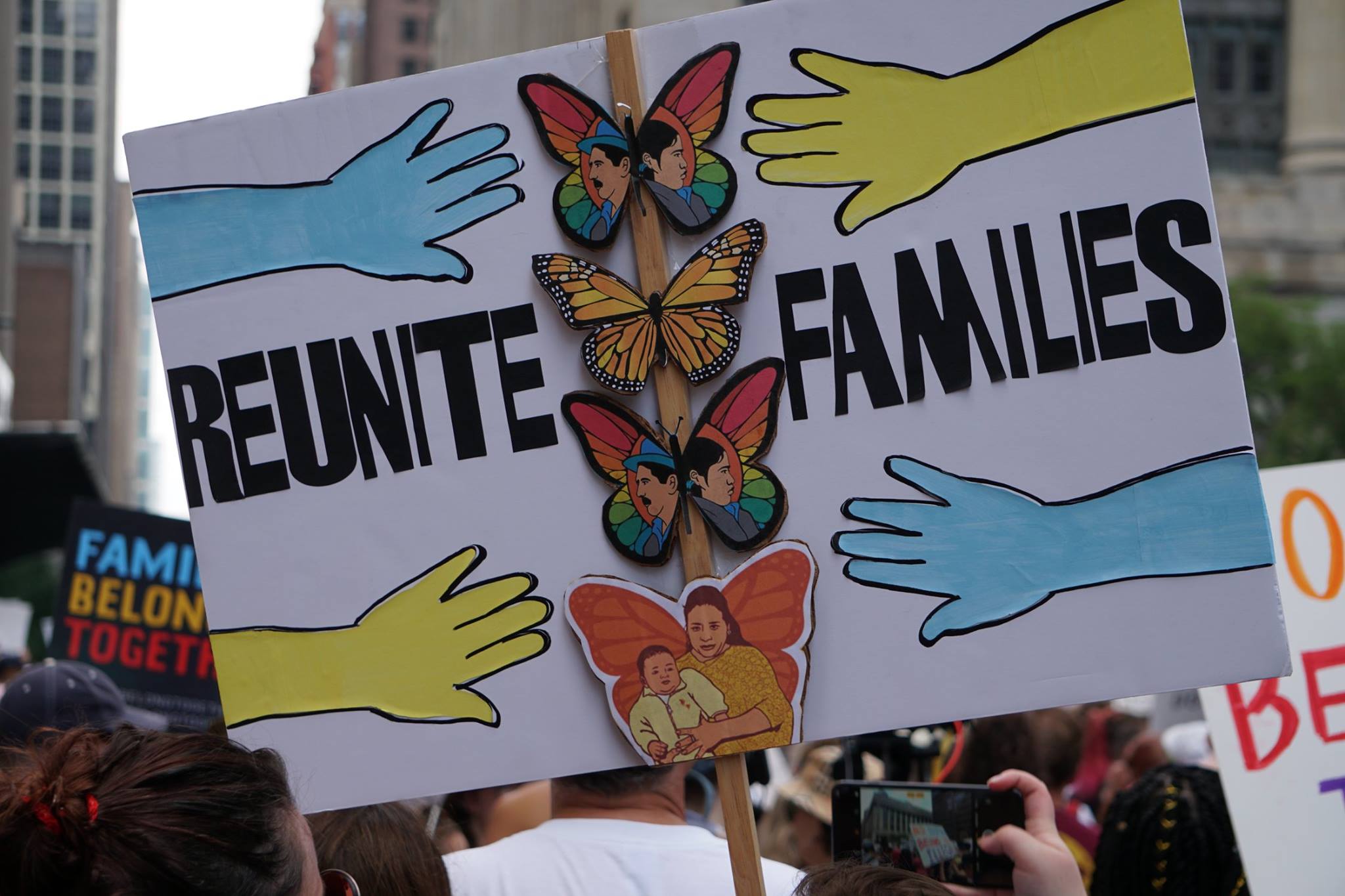My thoughts: In 1954, the United States overthrew the liberal government of Jacobo Arbenz in Guatemala, one of a long list of U.S.-supported coups in Latin America. What "crime" did Arbenz commit? Arbenz challenged exploitative US corporations operating in Latin America. Today, Guatemalans migrate to the United States. Their lives are difficult in Guatemala and in the US, but their resilience is incredible.
Their description: "One of the many consequences of the COVID-19 pandemic is that everyone has become much more aware of the food supply chain—and meat-packing and processing plants are at the center of that chain. Some plants have seen COVID-19 outbreaks, and some have even had to shut down. Employees at meat-packing plants were declared essential workers, and many of these essential workers are Latinx.
There are about fifty chicken-processing plants in the state of Mississippi. They provide a much-needed food supply to the country and beyond, but staffing these places is not easy. Over the decades, many locals have turned to other, less onerous jobs. And that’s why the industry is a hub for immigrant workers, many of whom are undocumented.
On August 7, 2019, U.S. Immigration and Customs Enforcement (ICE) agents arrived at seven chicken processing plants in central Mississippi and arrested 680 workers. Many of them were fathers and mothers whose kids were left behind for days, weeks, or even months.
Today, many families are still dealing with the consequences of those arrests. They remain unable to work, as they grapple with traumatic psychological repercussions. Latino USA’s Maria Hinojosa and Miguel Macias traveled to the heart of Mississippi to hear about the long term effects of the largest immigration raid in U.S. history."
